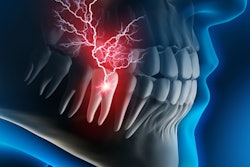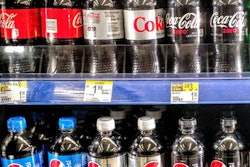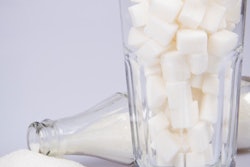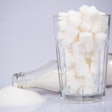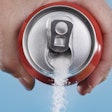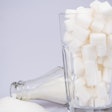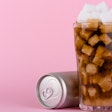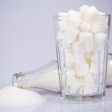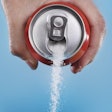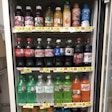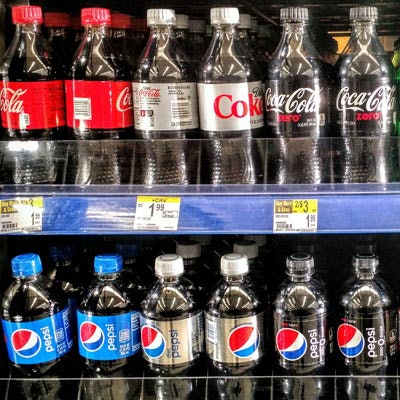
Drinking sugary beverages may be associated with an increased risk of cancer, according to the findings of a study published in BMJ on July 10. The evidence suggests sugary drinks, including 100% fruit juice, may contribute to the overall cancer rate.
The study included health and nutrition data from more than 100,000 French adults. While the researchers urged caution when interpreting their findings, they also called for strategies that curb sugar-sweetened beverage consumption.
"The data support the relevance of existing nutritional recommendations to limit sugary drink consumption, including 100% fruit juice, as well as policy actions, such as taxation and marketing restrictions targeting sugary drinks, which might potentially contribute to the reduction of cancer incidence," wrote the authors, led by Eloi Chazelas, a doctoral student from Paris 13 University.
Researchers have previously explored the relationship between sugary drink consumption and other health conditions, such as caries and diabetes. However, the association between sugary drinks and cancer has been less explored.
To conduct their analysis, the researchers used data from 101,257 French adults who participated in the NutriNet-Santé study, an ongoing and voluntary online study. Every six months, participants were invited to add their dietary intake from the past 24 hours. Participants with at least two valid dietary records were included in the study.
Researchers found a positive association between sugary drink consumption and overall cancer rates. Drinking 100% fruit juice also was linked to an increase in overall cancer risk.
In addition, sugary drink consumption was associated with breast cancer -- but not other types of cancer, such as prostate or colorectal. Nor was cancer associated with artificially sweetened beverages, unsweetened coffee and tea, or water.
"These results suggest that the relationship observed between sugary drinks and the risk of cancer was strongly driven by sugar content," the authors wrote. "Of note, even sugary drinks with lower sugar content were associated with cancer in this study, probably because they were consumed in higher amounts than sugary drinks with higher sugar content."
Sugar appears to be the main culprit in the findings, but the researchers aren't ruling out other causes. For instance, chemical compounds, such as coloring additives or pesticides, also may play a role in the link between cancer and sugary drinks.
The findings will need to be confirmed by other research, the study authors noted. They also cautioned that the nonsignificant findings for artificially sweetened beverages and specific types of cancer does not mean there isn't an association. Rather, there may not have been enough statistical power in this particular cohort.
"If these results are replicated in further large-scale prospective studies and supported by mechanistic experimental data ... these beverages would represent a modifiable risk factor for cancer prevention, beyond their well-established impact on cardiometabolic health," they wrote.




